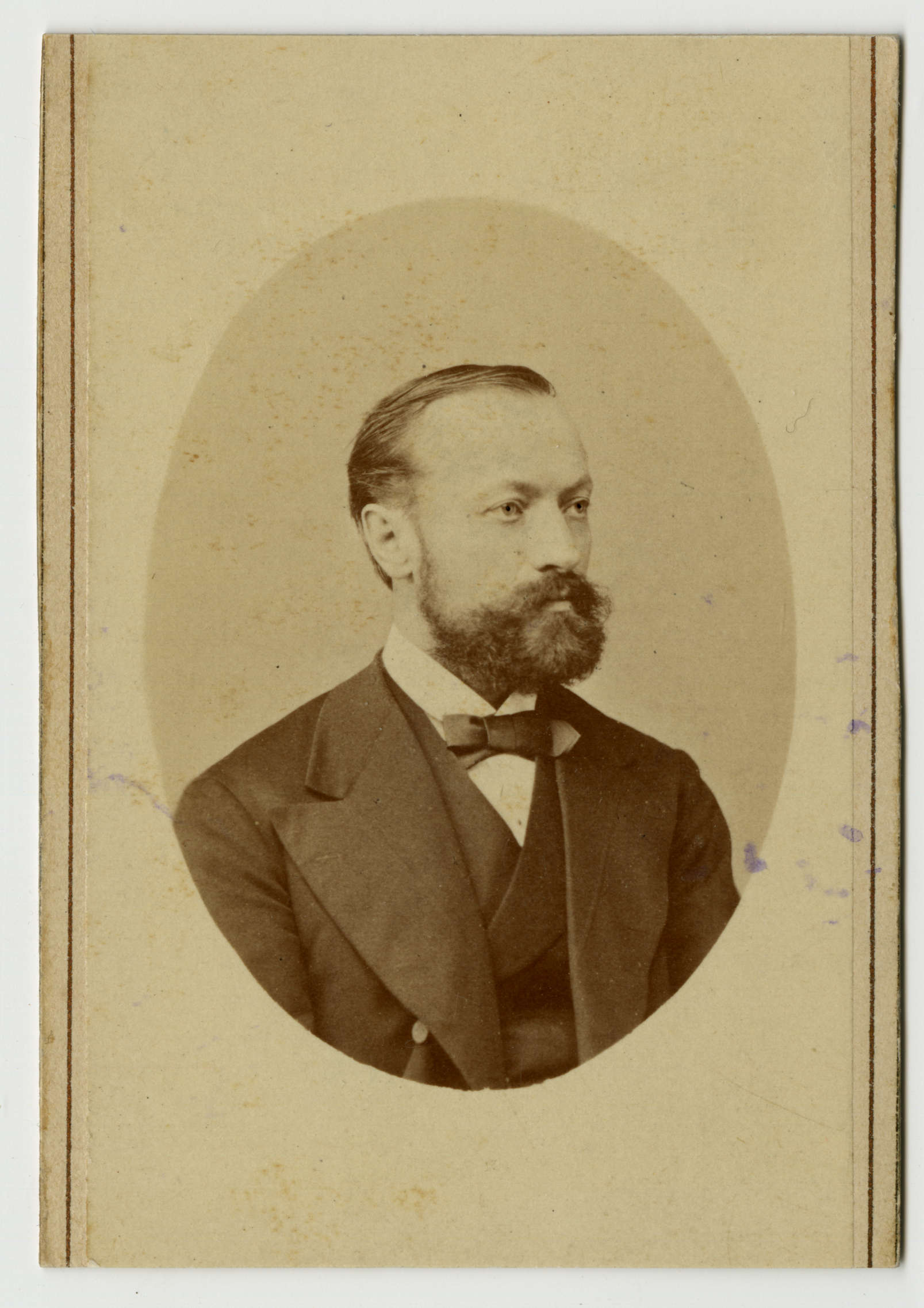
Juhan Weizenberg
Juhan Weitzenberg (also Weizenberg, 22 July 1838 – 4 November 1877) was a poet.
Weitzenberg was born in Kanepi parish in Võru County as son of a cottager. He studied at Erastvere village school, Kanepi parish school and in 1850–1854 at the German-language Tartu County school where one of his schoolmates was later pastor and folklorist Jakob Hurt. As a 13-year-old schoolboy, Weitzenberg accidentally killed his 5-year-old brother when playing with a gun in summer. The memory of the tragic incident accompanied him throughout his life and urged him to write a longer poem Ikulaul (‘Song of Lament’) which has not been preserved. From 1855–1857, Weitzenberg worked as home tutor for sacrist Adam Jakobson’s family, thus, being also the tutor of Carl Robert Jakobson, a later political activist of national awakening. From 1858–1861, he worked as a manor and parish clerk at Alatskivi, from 1861 as a clerk at Zinovyev’s forest industry company in Narva.
Weitzenberg’s creativity period was short, reaching its peak in the years when he lived at Alatskivi. In 1860, he was diagnosed with tuberculosis. He finished writing poetry after 1865. To improve his health, he travelled in Germany, Switzerland and Austria in 1873. In 1876, he visited Finland and Sweden. In 1874, he was elected president of the newly founded Narva choral society society Ilmarine. He died in Narva of tuberculosis and was buried in Siivertsi cemetery there. A monument created by his cousin, sculptor August Weizenberg, was erected on his grave but was demolished in the 1960s. In 1977, Weitzenberg was reburied to Kanepi.
Weitzenberg’s creation represents the transition from newer folk song to artistic poetry. His verses appeared in newspapers, songbooks, anthologies and school textbooks. Several of his poems began to circulate as anonymous folklore spreading all over Estonia. He wrote nearly 20–30 poems. Weitzenberg wrote in the Kanepi dialect of the South-Estonian language. As the author admitted in his letters, he preferred narrative poetry to lyrical. Weitzenberg’s major achievements are his narrative poems Tönnis Laks ehk Eestlaste Isamaa (‘Tönnis Laks or Estonians’ Homeland’, about Estonian peasants’ deceptive expectations about resettlement to Russia) and Vana hopmanni Nutu-laul Mõisavalitsust käest ära andes. Jüripäeval 1861. (‘Old Overseer’s Lament When Yielding the Rule over the Manor. On St George’s Day 1861’). These are true-to-life accounts of actual events and persons.
Weitzenberg was a contributor to the newspapers Pärnu Postimees and Eesti Postimees and collected folklore materials which he sent to Ferdinand Johann Wiedemann and Friedrich Reinhold Kreutzwald. He was in correspondence with Kreutzwald and Georg Julius von Schultz-Bertram. From 1856–1877, nearly a hundred of his letters to his parents and like-minded companions have been preserved. These concern essential social, historical, cultural and personal themes and reveal his masterly usage of the language.
L. P. (Translated by I. A.)
Books in Estonian
Poetry
Tönnis Laks ehk Eestlaste Isamaa: Laulud sügisel 1860. Narva: J. Pachmann, 1862. 4 lk.
Wana hopmanni Nutulaul Mõisawalitsust käest ära andes: Jüripäewal 1861. Tartu: H. Laakmann, 1864. 14 lk.



